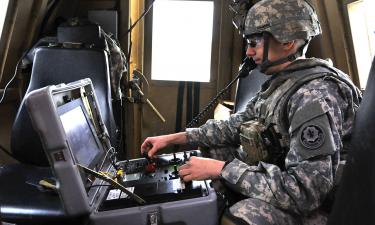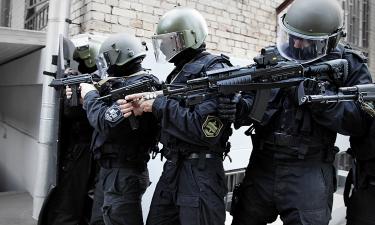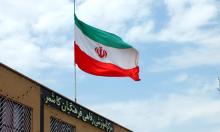NASA does not see its future in space without Russia's Soyuz
NASA's Commercial Crew Program for the development of private manned spacecraft to deliver astronauts to the International Space Station (ISS) does not work the way the Americans would like it to.
NASA has flown SpaceX's Crew Dragon to the ISS before, and there is another flight scheduled, but this does not mean that NASA will not have to ask for seats on board the Russian spacecraft to get to the ISS.
According to NASA's recent press release, the agency, through commercial company Axiom Space, bartered a seat on board the Soyuz 18 spacecraft for astronaut Mark Vande Hei. In exchange, NASA will provide Axiom Space a seat on a US commercial spacecraft in 2023.
NASA was hopeful that by now it would no longer need to use Russia's Soyuz spacecraft to bring astronauts to the ISS. As the agency plans, in 2021, the Crew Dragon by SpaceX and the Starliner by Boeing were supposed to deliver NASA crews (and other crews as well) to the ISS and back. However, it just so happened that Boeing failed to bring the Starliner project to a successful finale, whereas the project developed by SpaceX is far from perfection too.
The two countries have intensified their negotiations during the recent months with a view to exchange seats, rather than buy them, for the sake of efficiency and timeliness of space flights. Russia's Roscosmos said, though, that the American spaceships were not reliable enough for practical use.
Therefore, the flight that astronaut Vande Hei will have does not seem to be part of those negotiations.
This was confirmed by Roscosmos chief Dmitry Rogozin.
Their "trampoline" does not seem to be working very well. Flights to the ISS have been unstable, and they decided to send their guy on our spaceship not to abandon their segment of the ISS completely," Rogozin wrote on his Facebook page.
The profit that Roscosmos will receive from the project will be invested in "new developments," he added.
The Soyuz MC-18 spacecraft on board the Soyuz-2.1 carrier rocket is scheduled for April 9 from the Baikonur cosmodrome. Vande Hai's crew partners will be Russian cosmonauts Oleg Novitsky and Pyotr Dubrov.
It is worthy of note that the United States carefully tries to avoid the topic of space industry cooperation in its decisions about sanctions against the Russian Federation.
Axiom Space is headquartered in Houston, Texas. The firm, founded by former NASA ISS manager Michael Suffredini in 2016, raised $130 million last month for its space tourism purposes. The company hopes that it will be able to eventually build an orbital platform of its own.
The company declined to disclose the price of the Soyuz flight deal. Last time, NASA paid $90.3 million for a seat on the Russian spacecraft. The estimated cost of a seat on board the Crew Dragon is $60 million.
Does it make NASA out of pocket?
This week, Russia and China announced plans to build a research station on the moon or in lunar orbit. This project will compete with the Artemis program developed by the United States and its international partners, including Canada, Europe and Japan. The memorandum of understanding between Moscow and Beijing demonstrates that Russia sees its future in space primarily as a joint effort with China, but not NASA - its main partner in space for the past 25 years.
Subscribe to Pravda.Ru Telegram channel, Facebook, RSS!





